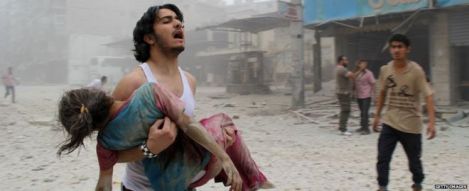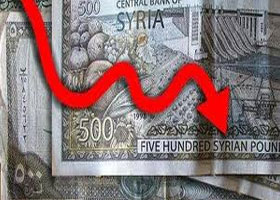Syria is facing the worst possible economic situation that it can imagine, whenever this war comes to an end and the dust settles we will be looking at a country that will have to face the largest economic struggle imaginable. I personally sat through a lecture with Robin Wright, a reporter who has been on Syrian land during this conflict many times. I remember her saying, if the war were to end today it would at least half a centaury for the country to simply get back to the economic position it was in before the war.
Not only has Syria damaged their own economic standing but it has also influenced its surrounding countries economies negatively. With millions of refuges dispersed throughout its neighboring countries the governments of these countries have no other option but spend millions of dollars on taking care of the basic needs of these refugees. According to an article from the Georgetown Journal by Ali Fakih and Wald Marrouch Jordan holds the world record for the lowest ratio of natives to refuges, at a rate of three to one. This has put Jordan in the worst economic situation caused by another country’s struggle. The article also states that by 2015 Jordan’s government has spent at least $611 million on basic things like providing the refuges with basic health services, educating the young refugees, and maintaining infrastructure to provide the refugees with basic necessities.
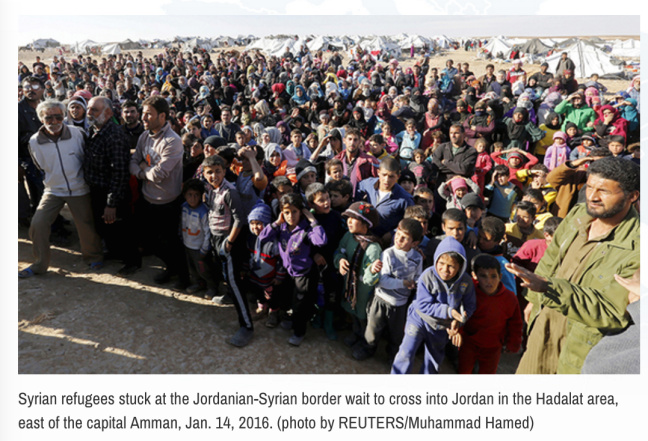
A study conducted by the authors of this article surprisingly concluded that the refuges do not impact the labor market. This is good news for Jordan because its means their labor force is not hurting from this situation and will be fine once the refugees are back in Syria when the war is over. Although that is a small positive within the situation, countries like Jordan will be burdened with this massive debt due to the refugees for many decades to come after the war is over.
As bad as it may sound given the situation countries in Europe that are taking in refugees may actually be benefiting from this. As shown in the image below Germany is predicted to have a shrinking in the population of their work force. Some countries in Europe, including Germany, struggle to find people to fill their unskilled jobs, with the refugees coming into these countries and eagerly filling these positions they are helping these European countries grow economically.
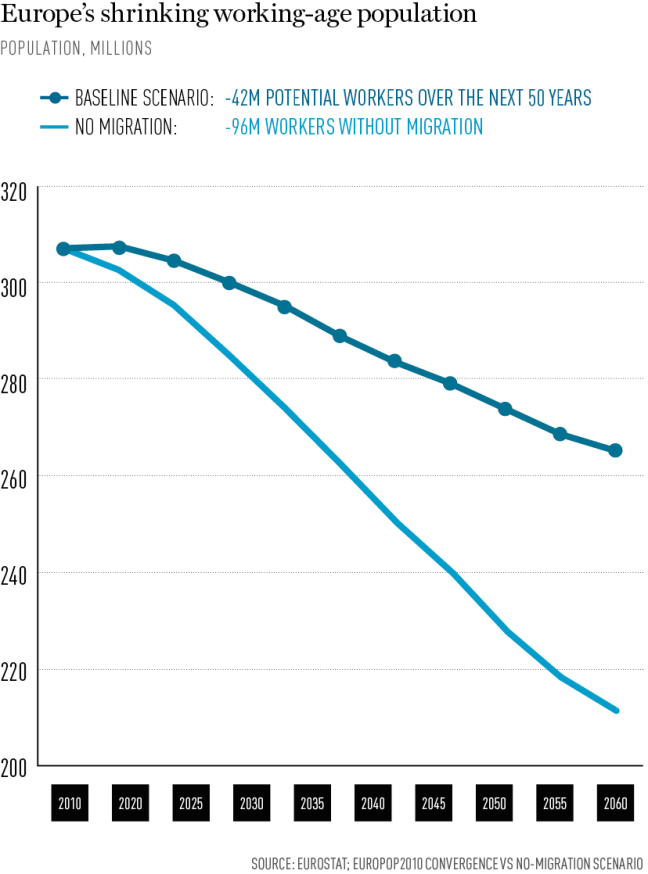
Syria has impacted many other countries because of this war but most importantly Syria has dug itself into a financial hole that it may never entirely get out of. Once the war comes to an end Syria will be faced with issues endless struggles, for starters they will have to spend hundreds of millions of dollars that they don’t have on rebuilding their infrastructure. An article from Business Insider by Elena Holodny provides a very scary statistic, “an estimated 4 million Syrian children are currently not in school”. The longer this war goes on the bigger impact that statistic will have on future growth for Syria. These children are falling behind on their education with every year that passes and if this continues Syria will have high demand from unskilled jobs and because of that most of these children will struggle to find basic jobs.
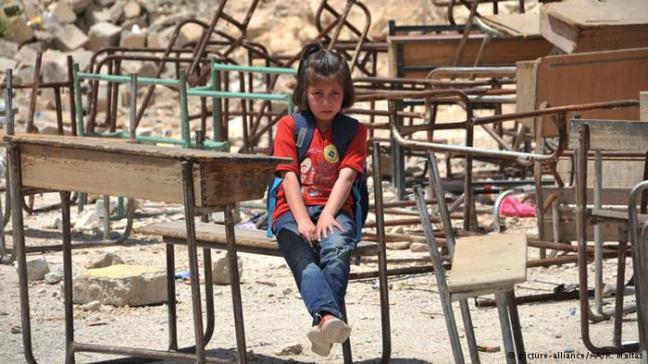
As I have stated earlier, it will take Syria nearly half a century to restore their economic situation after the war. This will require a cohesive effort by the entire population but most importantly it will require the new government to have access to many educated employees. The same goes for the companies that drive the countries economy. Within a decade into this process Syria would struggle to fill these jobs due to the amount of children that were deprived of their education and the teenagers who lost their lives fighting in this war.
This war has put Syria into an economic situation that makes many nations uneasy. The most important thing to do now is find a way to bring this war to an end so that this situation can be addressed and solutions can begin being put in place.
Bibliography
Anderson, Sheldon and Mark Allen Peterson, and Stanley W. Toops, and Jeanne A. K. Hey. 2015. International Studies An Interdisciplinary Approach to Global Issues: Third Edition Westview Press
Bayley, Gareth. 2015. “Like Father, (Not Quite) Like Son:Bashar Al-Assad’s Terrible 15 Years” UK in Turkey July 17.
BBS NEWS 2016. “ Syria: The story of the conflict” BBC News March 11.
http://www.bbc.com/news/world-middle-east-26116868
BBC NEWS 2015. “Syria: Mapping the conflict” BBC News July 10.
http://www.bbc.com/news/world-middle-east-22798391
Carr, Matt. 2015. “Paris, refugees, and Europe’s hard boarders” Politico November 23.
Colling, Andre. 2013. “The impact of the Syrian conflict on neighboring states “ News24 August 27.
http://www.news24.com/MyNews24/The-impact-of-the-Syrian-conflict-on-neighbouring-states-20130827
Diyab, Halla. 2015. “ISIS wages cultural warfare on Syria’s heritage” August 12.
Fakih, Ali, and Walid Marrouch. 2015. “The Economic Impacts of Syrian Refugees: Challenges and Opportunities in Host Countries.” Georgetown Journal November 10.
Gais, Hannah. 2013. “Syria’s Heritage Hangs By a Thread” U.S. News July 5.
Holodny, Elena. 2016. “Syria’s civil war has destroyed its economy ‘for years to come’” Business Insider June 9.
http://www.businessinsider.com/syria-economy-destroyed-2016-6
Polk, William R. 2013. “Understanding Syria: From Pre-Civil War to Post-Assad” The Atlantic December 10.
